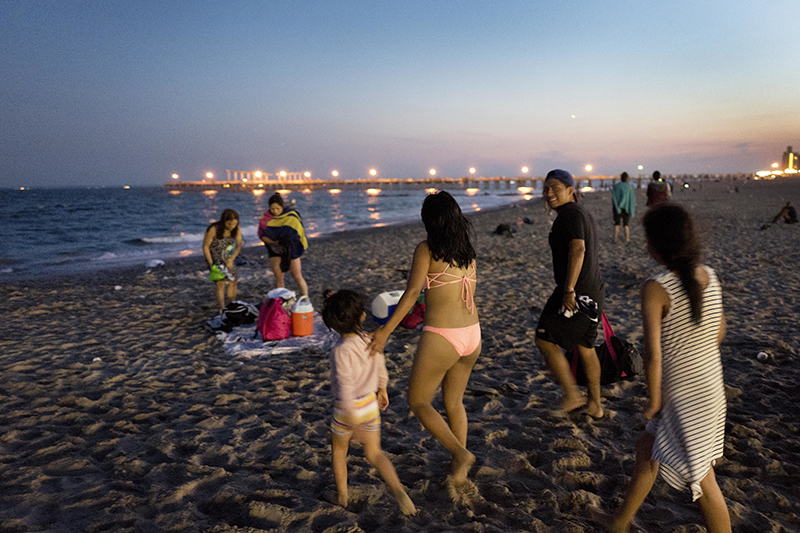Cuomo to Trump: Oil drilling off NY coast would kill economy, wildlife
U.S. Issued Exemption for Fla., Now NY Wants Out, Too

Oil slicks off Coney Island. Disruptions at the largest container port on the East Coast. Empty nets for New York’s fishing industry.
With these scenarios in mind, Gov. Andrew Cuomo issued a formal request on Monday for New York to be exempted from the Trump administration’s proposed plan to expand offshore oil drilling to every coastal state.
Cuomo said New York state’s coastal economy generates tens of billions of dollars in economic activity and provides hundreds of thousands of jobs, all of which would be threatened by toxic chemicals released during drilling and from oil spills. There are currently no oil wells off the Atlantic coastline.

Brooklyn Boro
View MoreNew York City’s most populous borough, Brooklyn, is home to nearly 2.6 million residents. If Brooklyn were an independent city it would be the fourth largest city in the United States. While Brooklyn has become the epitome of ‘cool and hip’ in recent years, for those that were born here, raised families here and improved communities over the years, Brooklyn has never been ‘uncool’.